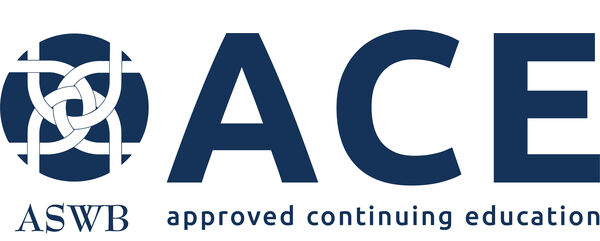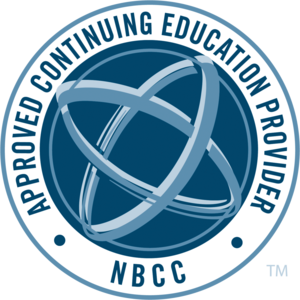Understanding Privilege and Engaging in Activism: Elevating Social Justice in Social Work (1 credit hour)
Program Summary: This course examines the social work profession’s commitment to social justice with a research study of 310 MSW students, exploring which individual factors were most associated with activism and engagement. The concept of intersectionality is highlighted and provides a framework for understanding how individuals hold multiple, overlapping identities that result in various combinations of discrimination, oppression, and privilege. The course finds that an increased understanding of privilege, power, and the intersecting systems of oppression is required in our efforts to elevate social justice. Social justice is a core value of the social work profession, and the NASW Code of Ethics establishes the ethical principle to challenge social injustice.
Value: Social Justice
Ethical Principle: Social workers challenge social injustice. Social workers pursue social change, particularly with and on behalf of vulnerable and oppressed individuals and groups of people. Social workers’ social change efforts are focused primarily on issues of poverty, unemployment, discrimination, and other forms of social injustice. These activities seek to promote sensitivity to and knowledge about oppression and cultural and ethnic diversity. Social workers strive to ensure access to needed information, services, and resources; equality of opportunity; and meaningful participation in decision making for all people. NASW Code of Ethics
This course is recommended for social workers and is appropriate for beginning and intermediate levels of practice. This course is not recommended for NBCC ethics credit.
Reading: Understanding Privilege and Engaging in Activism: Elevating Social Justice in Social Work Author: Nancy Digby Franke Publisher: Advances in Social Work
Course Objectives: To enhance professional practice, values, skills and knowledge by exploring privilege, oppression, activism, and social justice in social work.
Learning Objectives: Describe the social work profession’s ethical commitment to social justice. Describe intersectionality and the impact of interacting systems of oppression. Describe the protective role of privilege. Identify which individual factors were associated with greater political and social activism among MSW students.
Review our pre-reading study guide.
G.M. Rydberg-Cox, MSW, LSCSW is the Continuing Education Director at Free State Social Work and responsible for the development of this course. She received her Masters of Social Work in 1996 from the Jane Addams School of Social Work at the University of Illinois-Chicago and she has over 20 years of experience. She has lived and worked as a social worker in Chicago, Boston, and Kansas City. She has practiced for many years in the area of hospital/medical social work. The reading materials for this course were developed by another organization.





